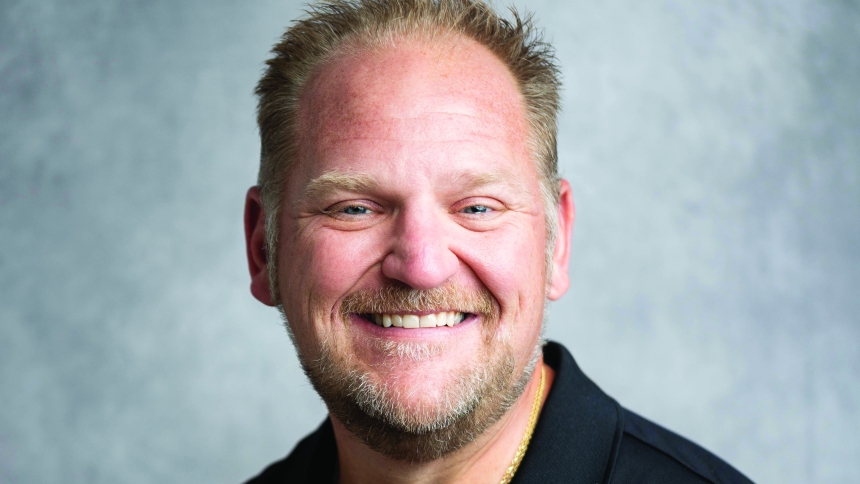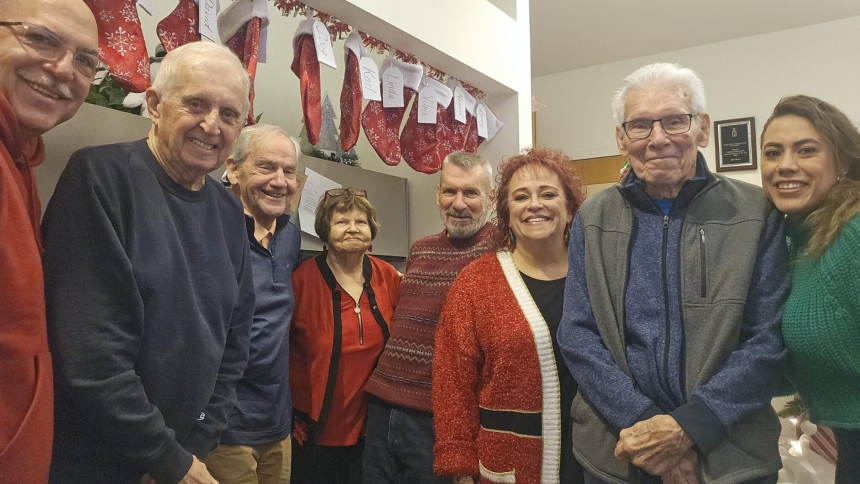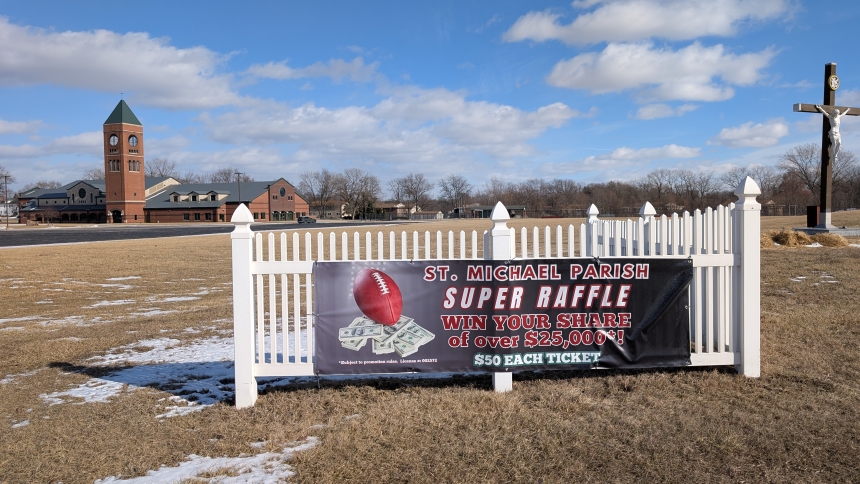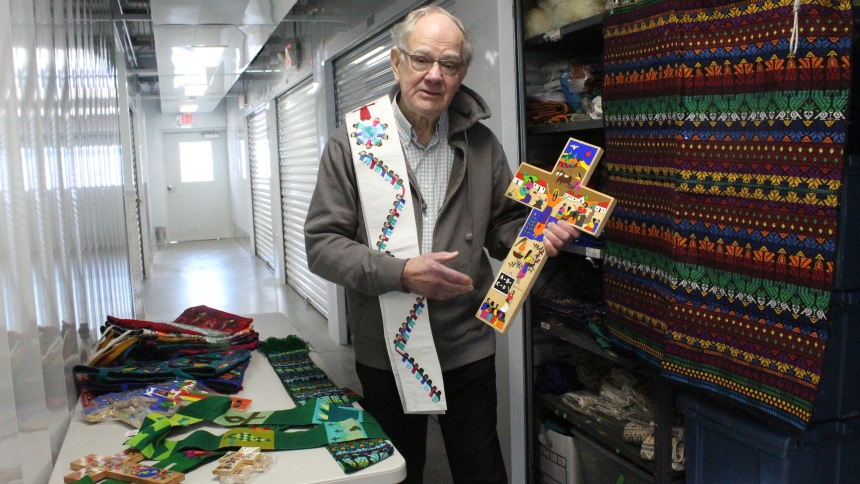
Bishop Robert J. McClory asked Deacon Robert J. Gromala to serve as Director of Pontifical Mission Societies USA earlier this year. He recently explained the work of the Pontifical Mission Societies, a worldwide network at the service of the pope, and shared the importance of World Mission Sunday held on Oct. 19.
1. How did you become involved with the Pontifical Mission Society?
When Bishop Robert J. McClory approached me a few months ago about serving as director, I saw it as an invitation from the Holy Spirit to connect my love for the Church’s mission with a concrete way of helping others encounter Christ. As a deacon, I’ve always felt drawn to service and evangelization, sharing the Gospel beyond our parish walls. Becoming involved with the Pontifical Mission Societies felt like a natural extension of that call, giving me the opportunity to help our diocese participate more deeply in the universal mission of the Church and create a space to help people live out their call to missionary discipleship.
2. How would you describe the Pontifical Mission Society?
The Pontifical Mission Societies are the heartbeat of the Church’s outreach to the world. They connect us, right here in the Diocese of Gary, with the missionaries serving in some of the most remote and challenging places on earth. It’s the Church’s way of ensuring that every corner of the world experiences the hope, mercy and presence of Christ through prayer, support and solidarity.
3. Anything that you found interesting as you learned more about the Pontifical Mission Society?
What struck me most is how truly global and personal the mission is. Every Catholic, no matter where they live, is part of this great work of evangelization. The prayers of a child in Gary, Indiana, can strengthen a catechist in Uganda or a seminarian in India. The mission isn’t “somewhere else”; it’s a shared spiritual connection that reminds us we belong to one universal Church.
4. Why is World Mission Sunday so important?
World Mission Sunday is a reminder that we’re part of something much bigger than ourselves. It’s the one day each year when the entire Church, every parish, every diocese, comes together in prayer and sacrifice for the missionary work of the Church. It helps us refocus our hearts on Christ’s command to “go and make disciples of all nations,” and it provides the vital financial support for those serving on the front lines of faith. These missionaries provide food, education, and medical care to the most vulnerable communities in the Pope's missions. Through their work, they reveal the compassionate heart of Jesus. Help support their efforts and be right there with them, offering hope. They have helped 26 million children, 82,498 seminarians, built 8,750 shelters, 12,000 health centers, developed 844,000 catechists, and 258,540 religious sisters.
5. What would you like people to know about the Church’s role in assisting countries around the world?
The Church is often the first to arrive and the last to leave in times of need. Whether it’s education, healthcare, disaster relief, or spiritual formation, the Church’s presence brings hope where it’s needed most. Through the Pontifical Mission Societies, Catholics in our diocese become part of that work, helping build schools, train catechists, support seminarians, and provide care for families across the globe.
6. How can the faithful help the mission?
First and foremost, through prayer, because prayer sustains the missionary spirit. We can also help through generous giving on World Mission Sunday and throughout the year, knowing that even small contributions make a real difference. And finally, by fostering a missionary heart, seeing our own neighborhoods as mission territory and sharing the joy of the Gospel wherever we are.
Deacon Gromala serves the parish community of St. John the Evangelist in St. John.



